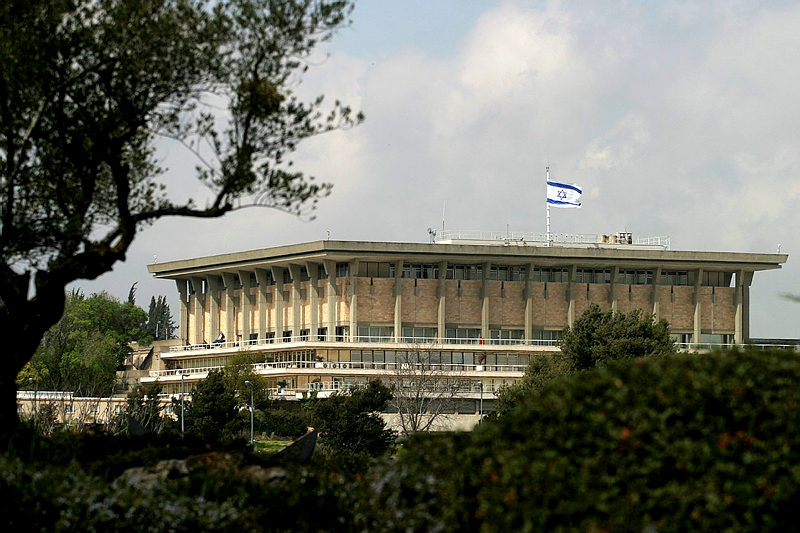The Governance Bill: Pros and Cons
IDI experts discuss some of the pros and cons of the Governance Bill being considered by the Knesset. For an update on the impact of the input of these researchers on the legislation, click here.

In the video below, which was posted on YouTube on July 20, 2013, IDI researchers discuss some of the pros and cons of the Governance Bill, proposed legislation that includes a limitation on the size of the government, a proposal to limit the frequency of submission of votes of no- confidence, and a proposal to raise the electoral threshold to 4%. IDI experts in this video include (in order of first appearance):
- Dr. Arye Carmon, IDI Former President and Founder
- Ms. Reut Itzkovitch Malka, member, political reform research team
- Dr. Ofer Kenig, head of the political parties research group
- Prof. Gideon Rahat, Director of Research, Political Reform project
Read the English subtitles on the video or the translation below.
Introduction
Dr. Arye Carmon: The Israeli system of government is in need of a series of reform that will save Israeli governance from an ongoing crisis. The Governance Bill currently being considered has a number of positive aspects.
Positive Aspects of the Proposed Legislation
Ms. Reut Itzkovitch Malka: Raising the electoral threshold will improve governance capacity will reduce political blackmail and will decrease the number of small parties.
Dr. Ofer Kenig: The proposal to change the no-confidence vote so that it will be impossible to bring down the government without presenting an alternative government is essential and positive.
Prof. Gideon Rahat: Limiting the number of ministers and deputy ministers is an excellent proposal. This change will add many Knesset members to the MKs doing the important parliamentary work in the Knesset.
Negative Aspects of the Proposed Legislation
Dr. Arye Carmon: In general, however, the bill proposes some problematic reforms that should be rejected because they are a threat to the parliamentary system.
Ms. Reut Itzkovitch Malka: A total prevention of bringing votes of no confidence is an unacceptable proposal. The opportunities to bring no-confidence votes are the opposition's main tool for criticizing the government's actions, for stimulating public debate, and for testing the government's parliamentary support. The need to assemble a majority of 61MKs who support a vote of no-confidence, makes this important tool unnecessary.
Dr. Ofer Kenig: Cancelling the public funding of parties that did not pass the electoral threshold of 4%is intended to prevent short-lived parties from running. But it is also important to protect the right to be elected. This is a disproportionate reform.
Prof. Gideon Rahat: The law is important, but other changes must be made to the electoral system. The political parties must not be overlooked. Party registration must be regulated, and parties with democratic practices must be rewarded.
Dr. Ofer Kenig: Requiring a majority of 65 MKs for a no-confidence vote will only damage governance. It may lead to a situation in which there is a minority government that cannot promote policy, but also cannot be brought down.
Ms. Reut Itzkovitch Malka: Raising the electoral threshold all at once may end the representation of minorities. This is too drastic a step. The threshold should be raised gradually and moderately in order to give the small parties and their voters time to adjust to the new reality and respond to it.
Dr. Arye Carmon: Beyond this, the Governance Bill is missing the most essential thing for achieving the law's goals: A provision that the Prime Minister will be the head of the party that received the most votes in the elections.
